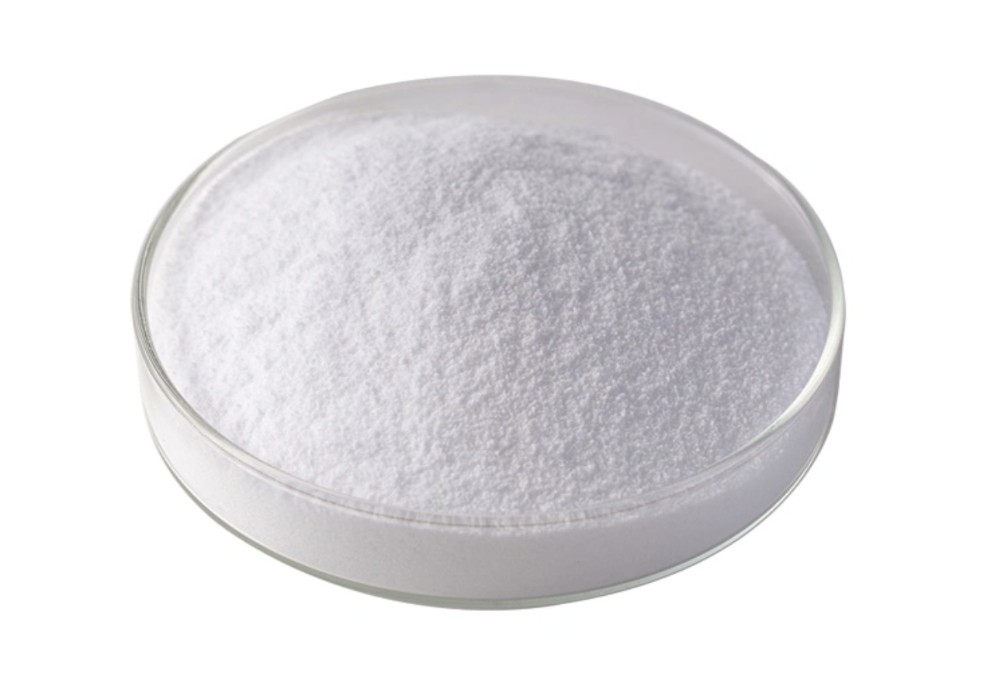Phenibut is a central depressant and analog of the inhibitory neurotransmitter γ-aminobutyric acid (GABA), or a GABA analogue. The addition of a phenyl ring allows phenibut to cross the blood-brain barrier. Phenibut was developed in the Soviet Union in the 1960s, and has since been used there as a pharmaceutical drug to treat a wide range of ailments, including posttraumatic stress disorder, anxiety, depression, asthenia, insomnia, alcoholism, stuttering, and vestibular disorders, and other conditions.
Phenibut is a close structural analogue of GABA, as well as of baclofen (b-(4-chlorophenyl)-GABA), pregabalin (β-isobutyl-GABA), and GABOB (β-hydroxy-GABA). Phenibut is believed to act as a selective GABAB receptor agonist; studies are conflicting as to whether phenibut also acts as a GABAA receptor agonist. More recently, phenibut has been found to act preferentially as a blocker of α2δ subunit-containing voltage-gated calcium channels, similarly to gabapentin and pregabalin. As such, by definition, phenibut is a gabapentinoid.
The recommended serving size of Phenibut is 500 - 2000mg par jour, in up to two to three separate servings, depending on the desired effect.Phenibut should not be consumed in amounts exceeding 4 grams total per week, and should NEVER be taken in higher amounts on consecutive days due to rapid development of tolerance to the benefits.






















